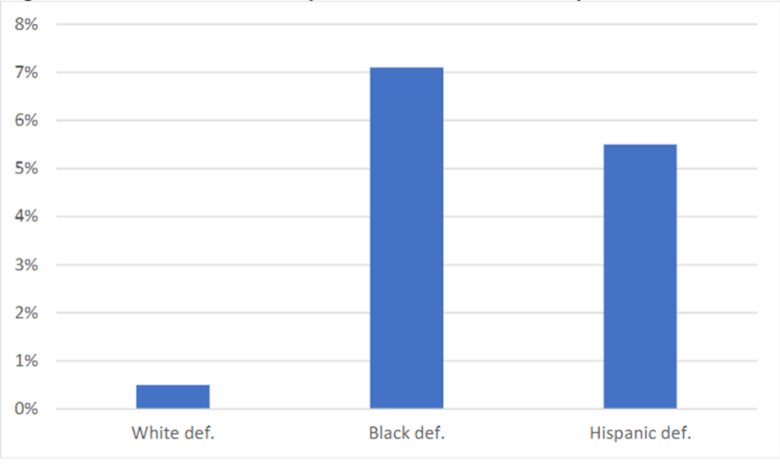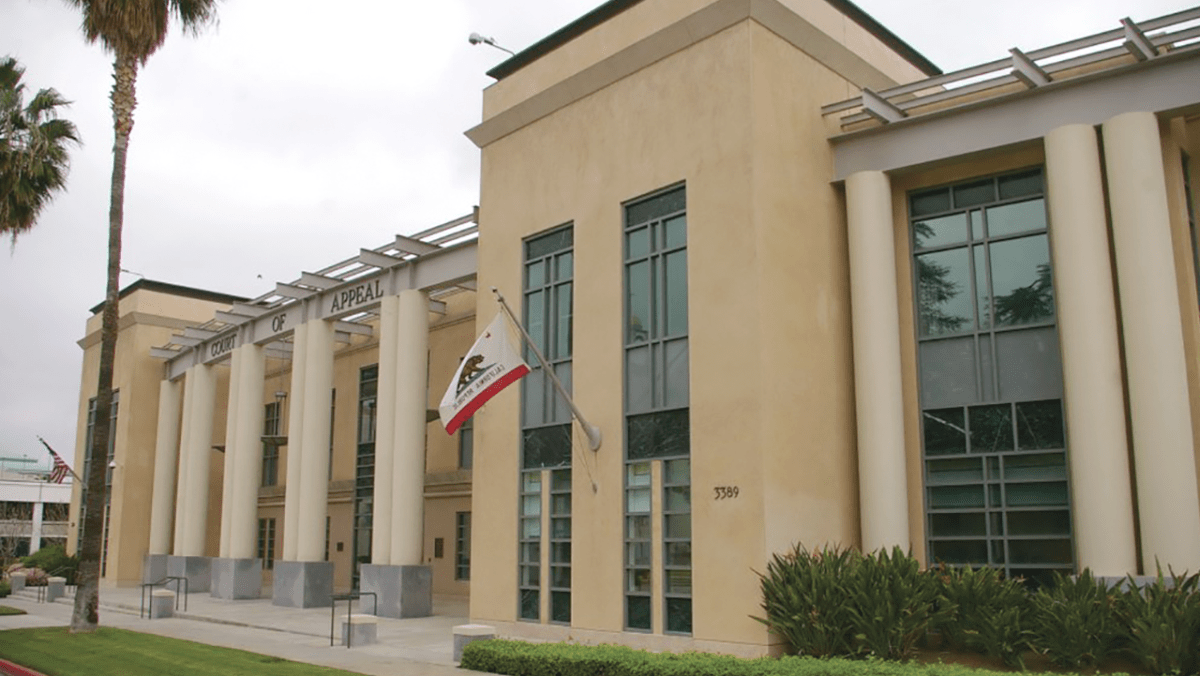Last Updated on May 15, 2023 by BVN
Prince James Story
Riverside County is one of the most prolific capital punishment counties in the United States and currently two men, Russell Austin and Michael Mosby, face the death penalty and are fighting for their lives.
Mosby and Austin, both accused of murder, are in pre-trial for their separate cases and have not been convicted yet, but they are each challenging charges to avoid a “death qualified” jury — a jury that is allowed to decide on a case involving the death penalty.
Under AB 2542, also known as the California Racial Justice Act (CRJA), Mosby and Austin are challenging the court to dismiss a possible death penalty sentence “that was sought, obtained, or imposed on the basis of race, ethnicity, or national origin in violation of the bill’s provisions.”
Currently, there are 128 incarcerated individuals who are on death row in Riverside and San Bernardino counties combined. Over a third of people in prison in California who are on death row are African-Americans.
In their motions for an evidentiary hearing, attorneys for Austin and Mosby provided four studies that show the history and bias in death penalty sentencing in Riverside County. One report published by Dr. Nick Peterson, professor of Sociology and Law at the University of Miami, stated that Black defendants are 14 times more likely to have death sentences imposed against them than White defendants whose cases are similar.
Peterson’s report also found that Black defendants are 1.71 times more likely to be charged with a special circumstance and nine times more likely to receive a death notice.
To qualify for a capital punishment jury or “death qualified jury” in California, the individual being charged must agree to consider all sentencing options, including death row.
Predicted Probability of the Death Sentence by Defendant Race

Over the years, more people have opposed the death penalty, but a majority of White Americans still support it. The 2020 annual Gallup Poll showed that 60% of White people support the death penalty while 51% of non-White people oppose the death penalty. Seventy-two percent of Republicans are in favor of the death penalty, while 67% of liberals oppose the death penalty.
“We think that we have more than enough information to at least be entitled to an evidentiary hearing, where we can then prove a violation that can help them avoid capital prosecution in Riverside,” American Civil Liberties Union (ACLU) Legal Fellow Robert Ponce said.
Status of Mr. Mosby and Mr. Austin Case’s
On October 28, 2022, the Superior Court ruled that Mosby’s and Austin’s lawyers did not provide enough evidence for an evidentiary hearing. To reach that requirement, both Mosby and Austin must offer “some showing of [a] similar offense and similar conduct.”
The court ruled that the defense team needs to satisfy a two-prong test that requires more than just statistical evidence.
“The defendants have failed to offer any evidence to show that any systemic bias has manifested in themselves being more harshly charged than similarly situated defendants of other races,” the court transcript read.
The court found that the defense team satisfied the first requirement with the statistical evidence pulled from Dr. Marisa Omori, professor of Criminology and Criminal Justice at the University of Missouri-St. Louis and Dr. Petersen’s analyses.
In February, the attorneys for Austin and Mosby appealed to the Fourth District Court of Appeal, asking that the lower court be ordered to give their clients an evidentiary hearing under the CRJA.
In the filed court order, Mosby and Austin’s lawyers argued that it is impossible to prove a violation of the CRJA by finding cases with the exact evidentiary evidence as either Mosby or Austin. The defense wrote that the CRJA was passed as a countermeasure to the United States Supreme Court case McCleskey v. Kemp ruling in 1987, which stated that statistical evidence did not constitute sufficient evidence to overturn a death sentence.
“The McCleskey decision has the functional effect of requiring that criminal defendants prove intentional discrimination when challenging racial bias in their legal process. This is a high standard and is almost impossible to meet without direct proof that the racially discriminatory behavior was conscious, deliberate, and targeted,” according to a press release from Gov. Gavin Newsom’s office.
The burden of proof the court demands is high and is countering the CRJA’s intention when the law was passed, Ponce said.
On May 4th, the California Court of Appeals issued an “order to show cause,” which will give Mosby and Austin’s defense teams a chance for oral arguments.
Their next court date has not been scheduled.
“The CRJA allows people to challenge racial bias in their charging, sentencing or conviction decisions if people in their racial group are treated more harshly than people of other races whose cases have similar facts. That can be proved through statistical and historical evidence, which our clients, Mr. Austin and Mr. Mosby, have presented,” Ponce said.
“We need courts to act boldly if we are to effectuate the transformative potential of the CRJA, as the legislature intended, and root out racism from our criminal legal system.”



